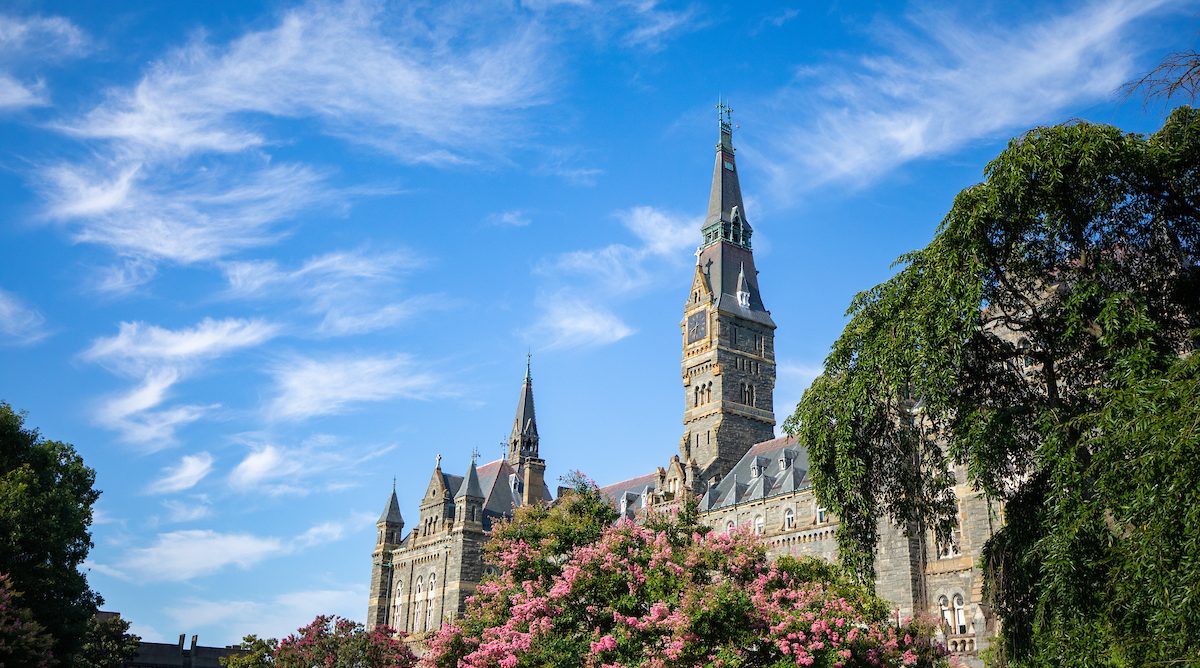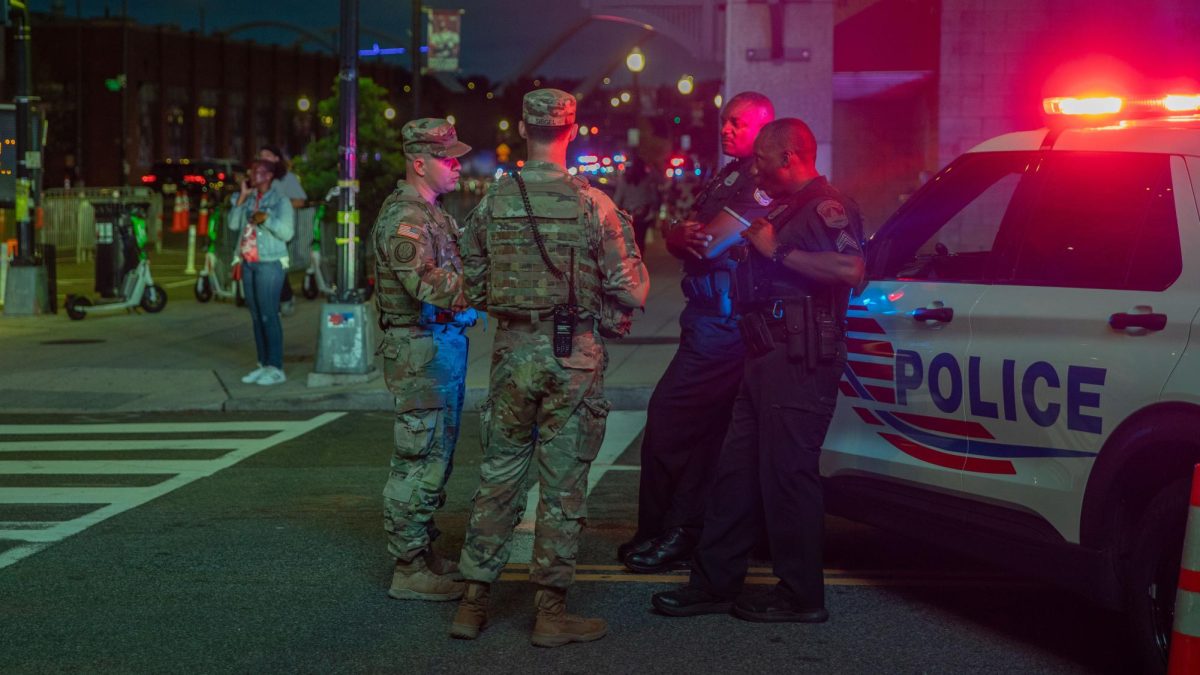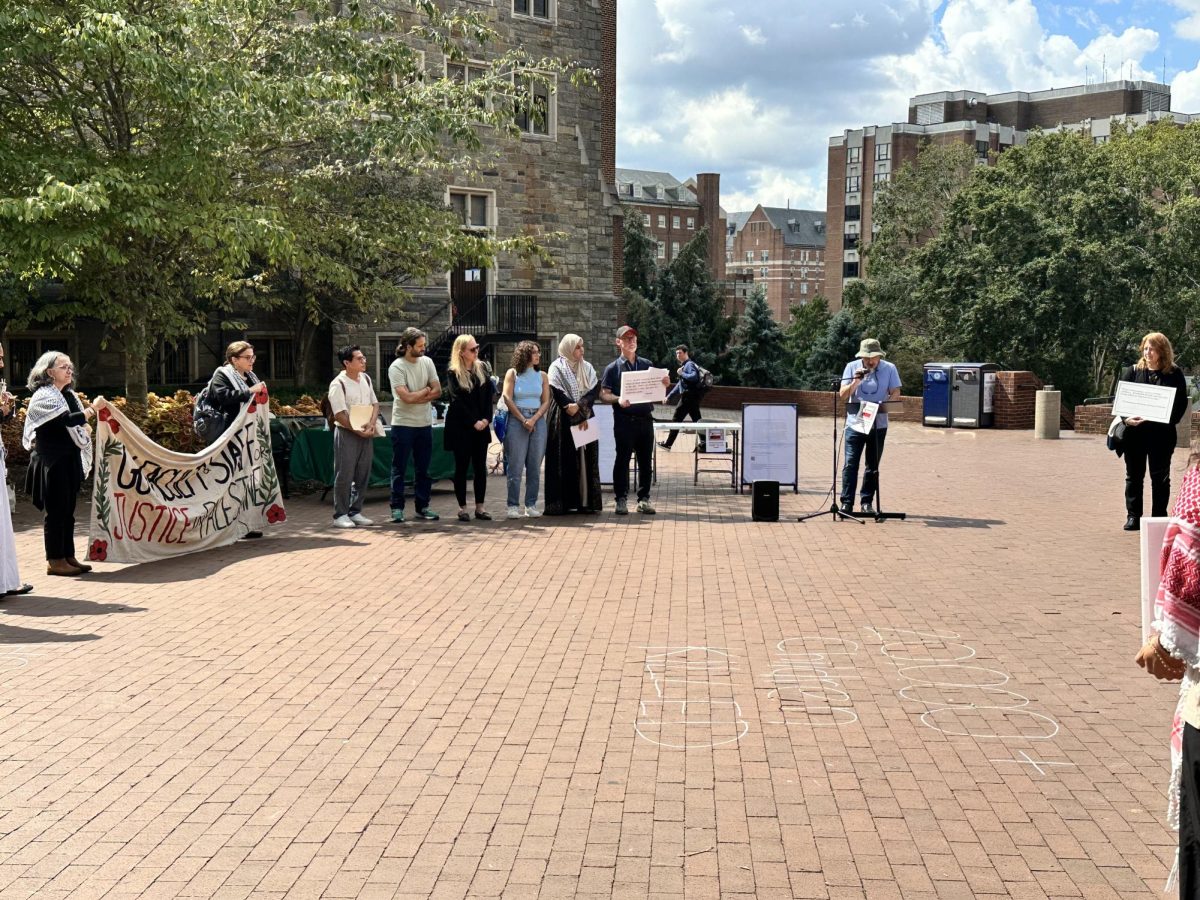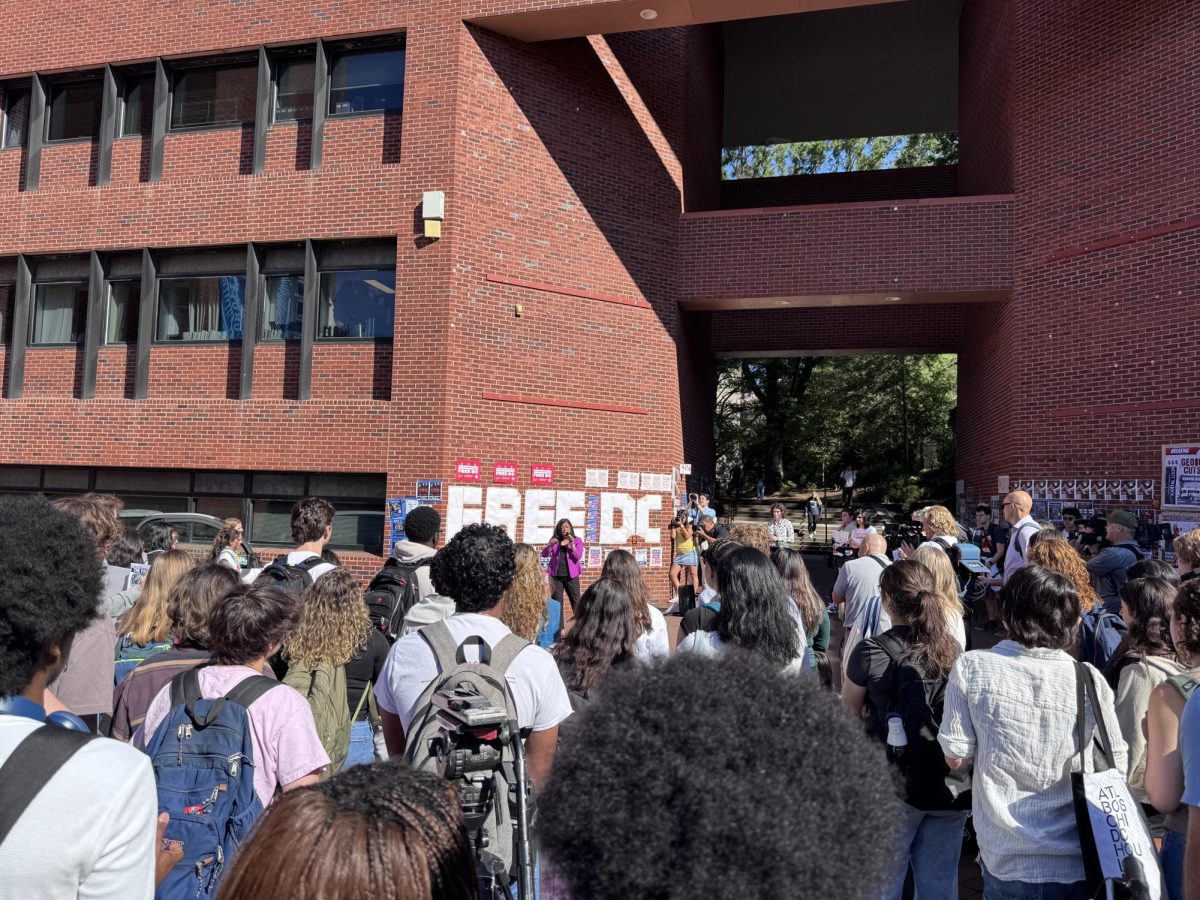Badar Khan Suri, the Georgetown University postdoctoral researcher whom federal immigration officials detained March 17, accusing him of promoting antisemitic rhetoric and “Hamas propaganda” and harming U.S. foreign policy goals, is a peace and conflict expert from India studying cooperation in religiously and ethnically diverse regions.
Khan Suri joined Georgetown in 2022 as a postdoctoral research fellow in the School of Foreign Service (SFS) Prince Alwaleed Bin Talal Center for Muslim-Christian Understanding (ACMCU), researching democratic solutions to long-term sectarian and ideological conflicts, according to a LinkedIn profile with his name. He is an international student from India legally residing in the United States on a J-1 non-immigrant visa for researchers with his wife, a Georgetown graduate student who has Palestinian heritage and holds U.S. citizenship.
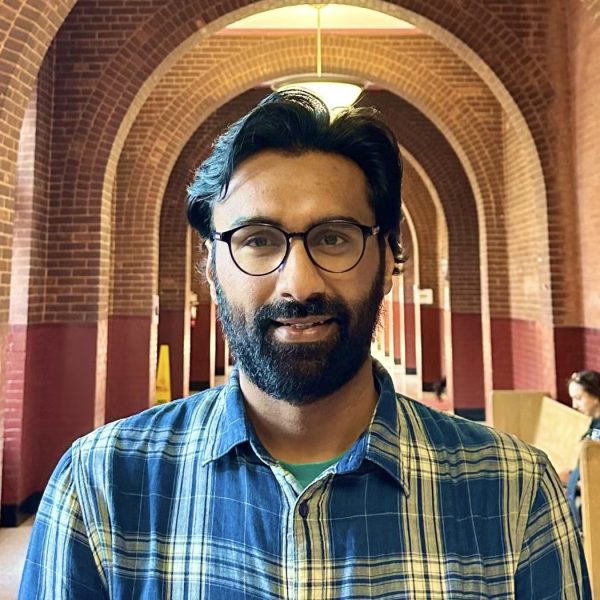
Khan Suri, originally from Delhi, has long standing academic interest in the Middle East, receiving his doctoral degree in peace and conflict studies from the Nelson Mandela Center for Peace and Conflict Resolution at Jamia Millia Islamia, a research university in New Delhi. His dissertation, titled “Transitional Democracy, Divided Societies and Prospects for Peace: A Study of State Building in Afghanistan and Iraq,” advocates for democracy as a way to solve multiethnic conflicts.
In his thesis, Khan Suri said violent rebellion is antithetical to democracy and democratic institutions can build lasting peace.
“Insurgency is not conducive to the functioning and flourishing of democratic states or those which aspire to be so,” Khan Suri wrote in his dissertation. “Regimes which are ethnically based or exclusionary are always challenged by the groups that are left out or excluded and undermine the democratic credentials of such regimes.”
Khan Suri also has personal ties to the region, first traveling to Gaza in 2011 as part of an international humanitarian delegation, where he met his wife, Mapheze Saleh (GRD ’26), who originally hails from Gaza, according to a 2018 profile of Khan Suri and his wife in the Indian newspaper Hindustan Times. The pair initially planned to wed in Gaza, according to the profile, but Khan Suri and his family were unable to travel there for the wedding.
Saleh is a first-year graduate student in the SFS’s Center for Contemporary Arab Studies whom right-wing news outlets targeted in recent weeks for social media posts about the Israel-Hamas war and alleged ties to Hamas. Saleh’s father, Ahmed Yousef, formerly served as an official in Gaza’s Hamas-run government yet left his position over a decade ago and publicly criticized Hamas’ Oct. 7, 2023, attack on Israel, according to The New York Times. Yousef told the New York Times that Khan Suri is not involved in any “political activism” for Hamas.
According to Khan Suri’s Georgetown faculty biography, which was taken down early March 20, his research at Georgetown focuses on religious diversity and cooperation, with a focus on “ethnic conflicts and peace processes in Middle East and South Asia.” The biography said Khan Suri is working on a project exploring peace processes amid religious tension.
As a postdoctoral fellow, Khan Suri teaches an upper-level undergraduate seminar called “Majoritarianism and Minority Rights in South Asia,” which explores conflicts in South Asia and the region’s colonial legacy, according to a course syllabus for Khan Suri’s class that The Hoya obtained.
“We will study the emergence of the current form of majoritarian and ethnic politics and, subsequently, how the governments are inextricably linked to the trajectories of state formation in the case studies of India, Pakistan and Afghanistan,” the syllabus says. “Within this context, the course analyzes democracy and authoritarianism, as well as radical ideologies of extremism along ethno-religious lines.”




